Your cart is currently empty!
Pereiaslav 1654: A Historiographical Study
In 1954, the three-hundredth anniversary of the Pereiaslav Treaty of 1654 between Russia and Ukraine was celebrated with unprecedented fervor throughout the Soviet Union. The event was resurrected ostensibly to justify the position of Ukrainians within the Soviet Union as a “younger brother” of the Russian people. What actually happened at Pereiaslav? Did the Ukrainians […]
In stock
Description
In 1954, the three-hundredth anniversary of the Pereiaslav Treaty of 1654 between Russia and Ukraine was celebrated with unprecedented fervor throughout the Soviet Union. The event was resurrected ostensibly to justify the position of Ukrainians within the Soviet Union as a “younger brother” of the Russian people. What actually happened at Pereiaslav? Did the Ukrainians accept the tsar as their sovereign? Or was it rather a treaty among equals, soon to be broken by the Russian side? The issues have been obscured by ideology, partial reporting, and the absence of documentation.
This volume includes a historical survey, excerpts from the Cossack chronicles, the conclusions and disputes of leading historians from the seventeenth to the present century, and a careful survey of Soviet historiography, with its changing emphases. The author’s analysis is detached and scholarly. He refuses to be drawn into political debates but instead focuses closely on the problematic issues: the documents controversy, the role of Bohdan Kmelnytsky, Buturlin’s refusal to take an oath guaranteeing traditional Cossack rights, and the status of Ukraine as decreed by the treaty.
Pereiaslav 1654: A Historiographical Study is essential reading not only for scholars of Ukrainian and Russian history, but for all who wish to understand the historical roots of Ukraine’s relations with Russia.
For a fundamental analysis of the Pereiaslav Treaty of 1654 see also Mykhailo Hrushevsky’s History of Ukraine-Rus’. Volume 9, book 2, part 1: The Cossack Age, 1654-1657.
Additional information
| Weight | 0.7 kg |
|---|---|
| Dimensions | 24 × 16 × 2.5 cm |
| Author | |
| Format | Hardcover |
| Language | English |
| Year Published | 1982 |
Only logged in customers who have purchased this product may leave a review.
You may also like…
-
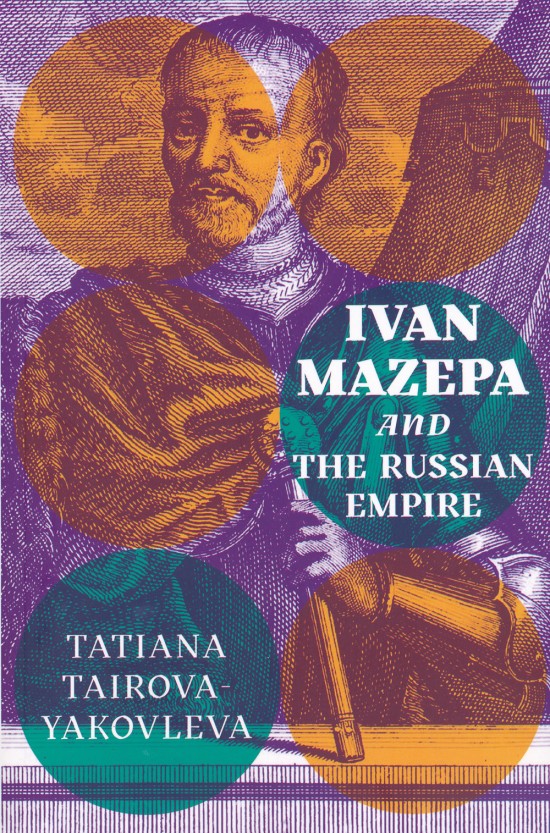
Ivan Mazepa and the Russian Empire
$49.95 Add to cart -
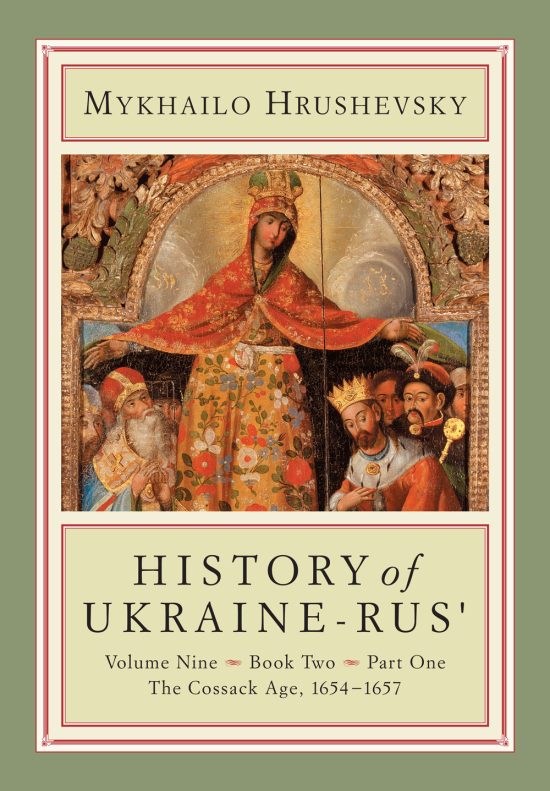
History of Ukrainian Cossacks (set)
$600.00 Add to cart -
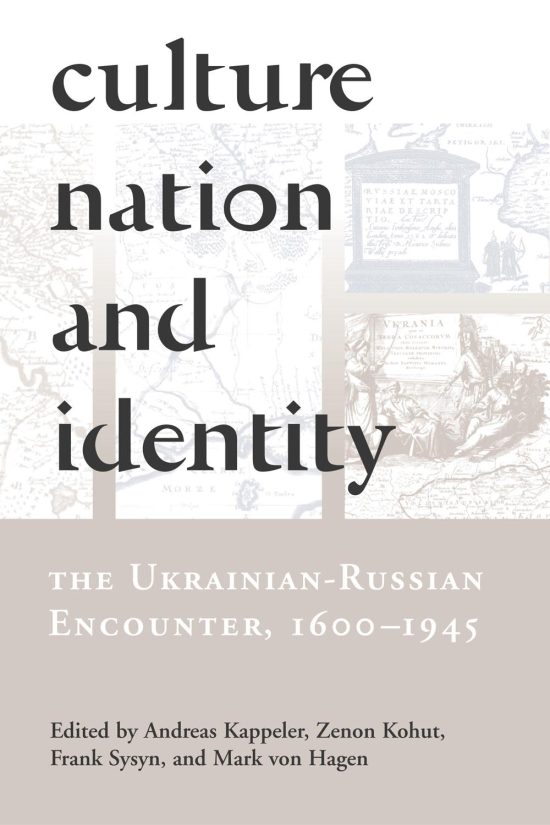
Culture, Nation and Identity: The Ukrainian-Russian Encounter (1600–1945)
Price range: $44.95 through $69.95 Select options This product has multiple variants. The options may be chosen on the product page -
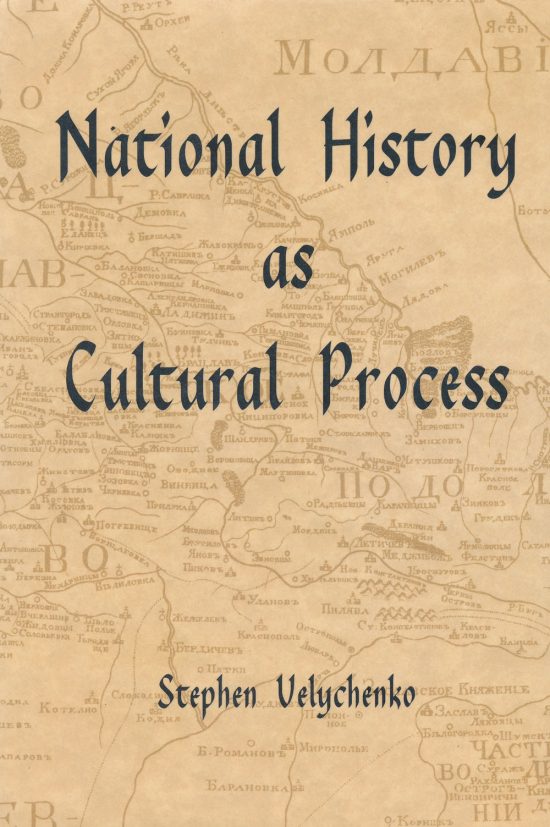
National History as Cultural Process
$49.95 Add to cart

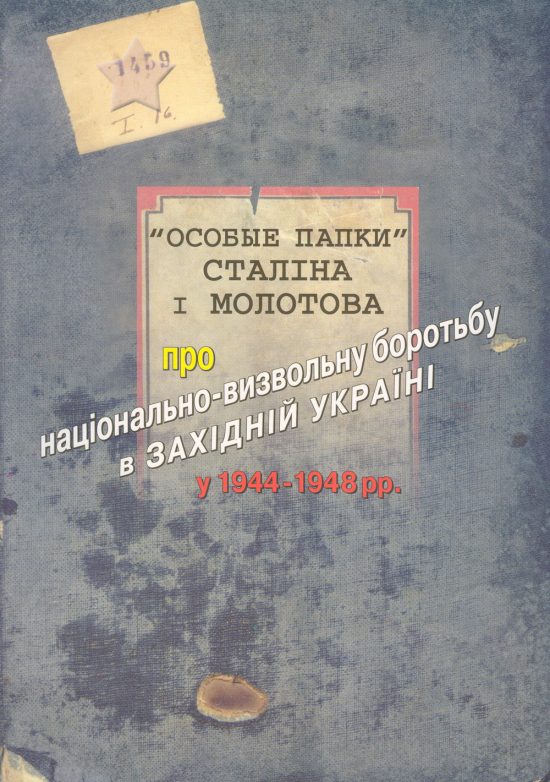
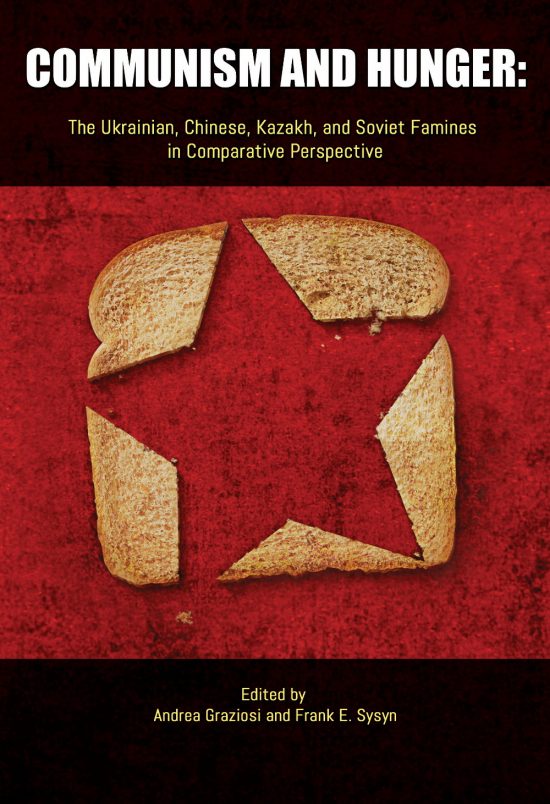
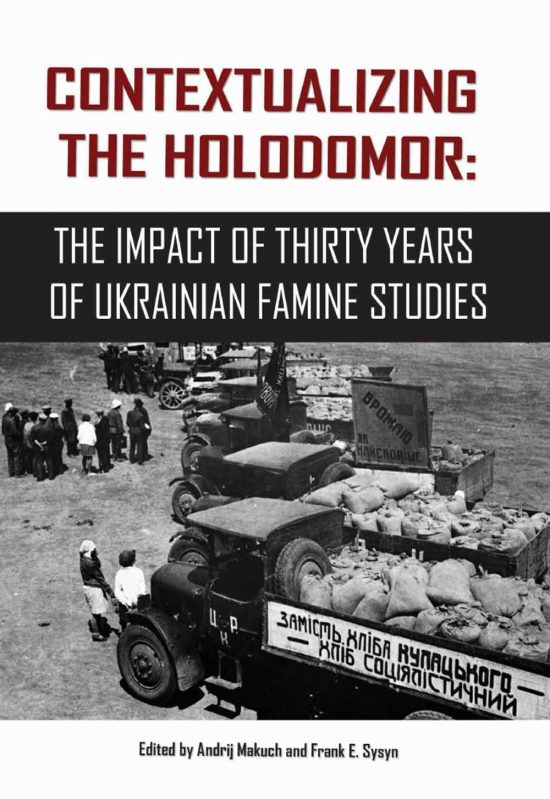

Reviews
There are no reviews yet.